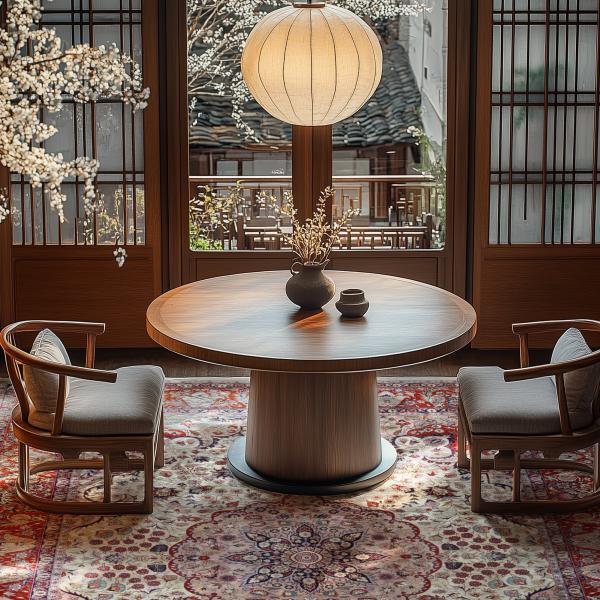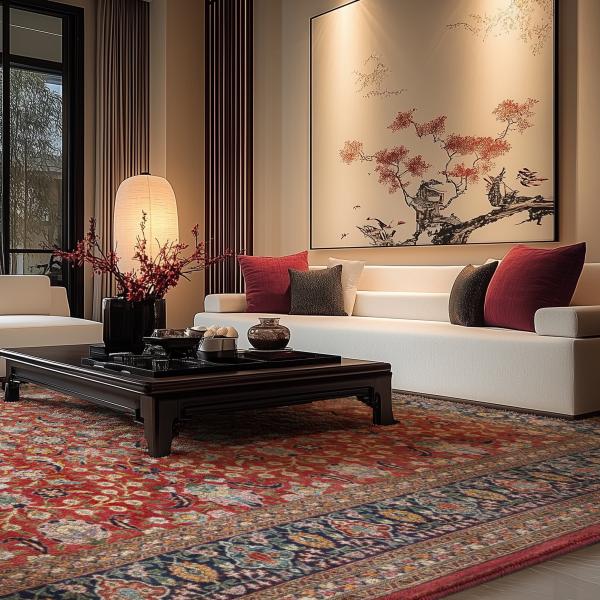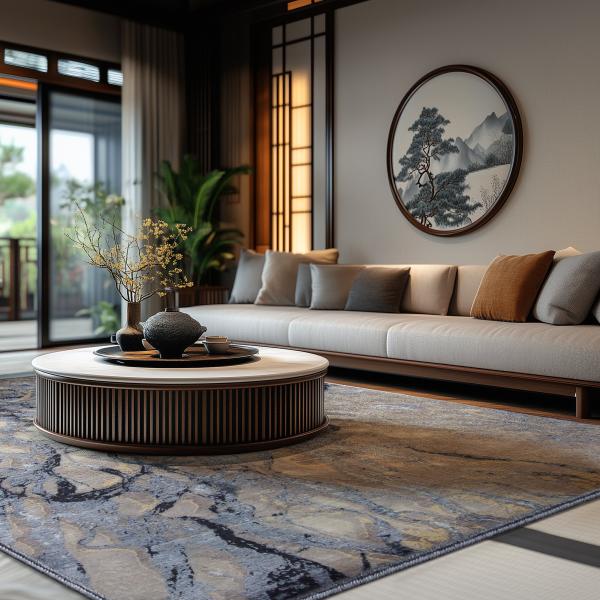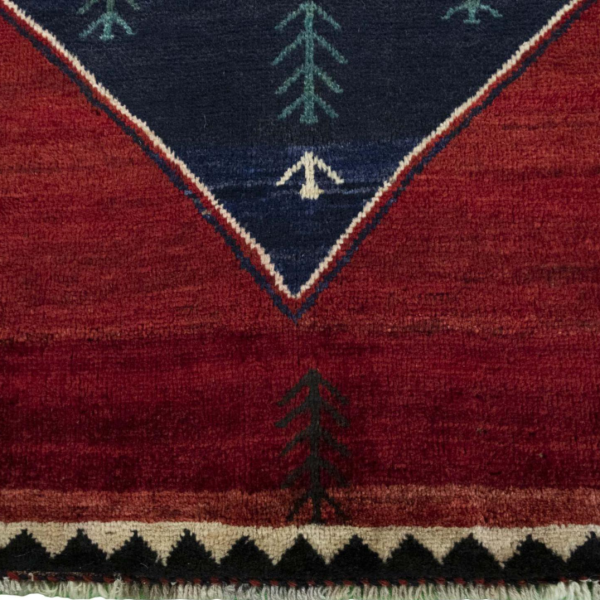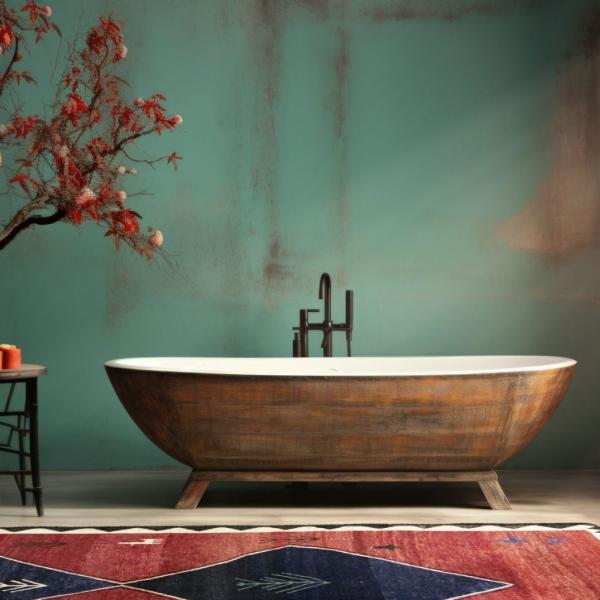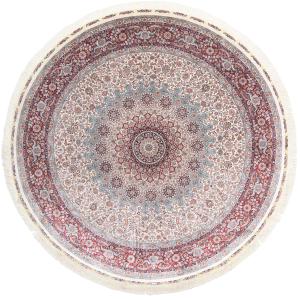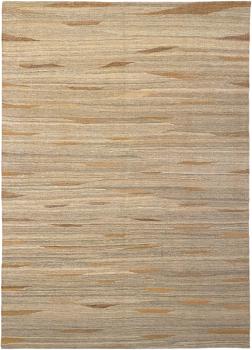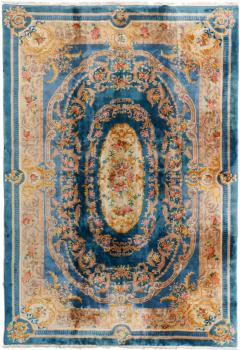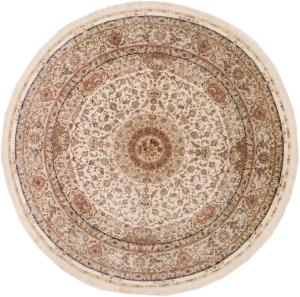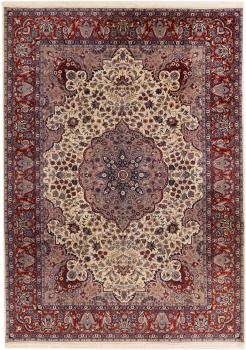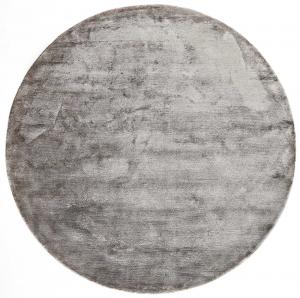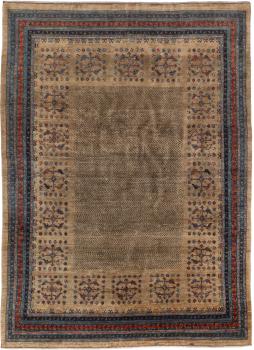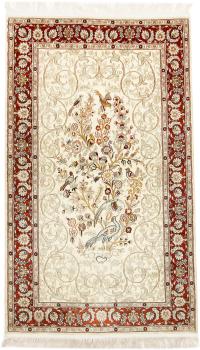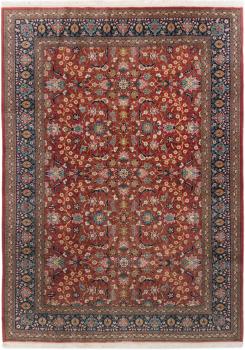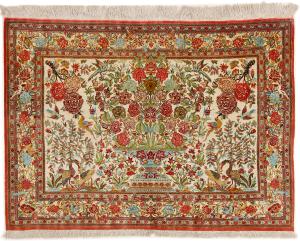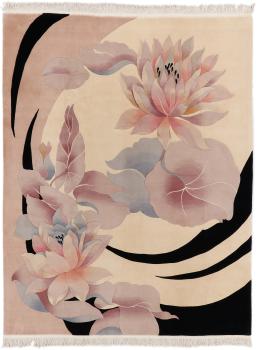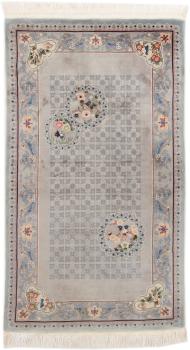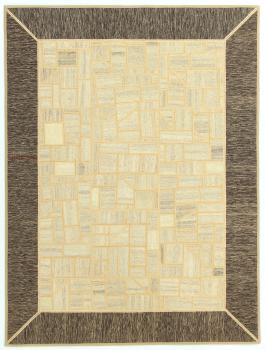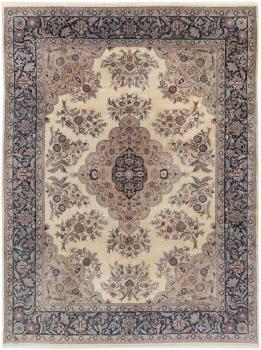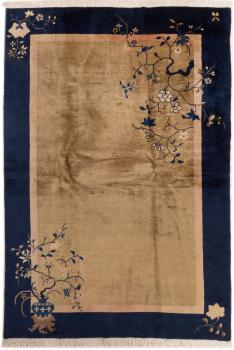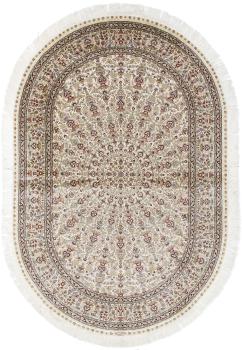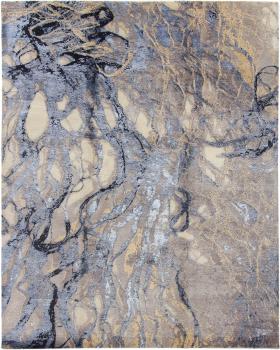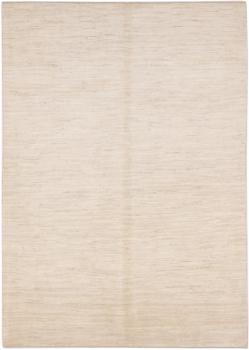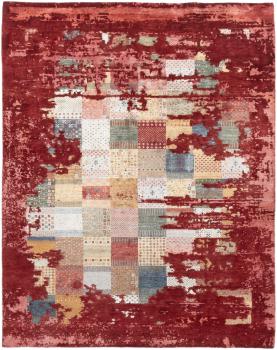Germany (DE)
 United Kindgdom (EN)
United Kindgdom (EN)
 France (FR)
France (FR)
 Spain (ES)
Spain (ES)
 Italy (IT)
Italy (IT)
 Portugal (PT)
Portugal (PT)
 Netherlands (NL)
Netherlands (NL)
 Belgium (FR)
Belgium (FR)
 Belgium (NL)
Belgium (NL)
 Denmark (DA)
Denmark (DA)
 Finnland (FI)
Finnland (FI)
 Norway (NO)
Norway (NO)
 Sweden (SE)
Sweden (SE)
 Poland (PL)
Poland (PL)
 Romania (RO)
Romania (RO)
 Hungary (HU)
Hungary (HU)
 Japan (JP)
Japan (JP)
 Ireland (EN)
Ireland (EN)
 Greece (EL)
Greece (EL)
 Austria (DE)
Austria (DE)
 Switzerland (DE)
Switzerland (DE)
 Switzerland (FR)
Switzerland (FR)
 Switzerland (IT)
Switzerland (IT)
 New Zealand (EN)
New Zealand (EN)
 International (EN)
International (EN)

 United Kindgdom (EN)
United Kindgdom (EN)
 France (FR)
France (FR)
 Spain (ES)
Spain (ES)
 Italy (IT)
Italy (IT)
 Portugal (PT)
Portugal (PT)
 Netherlands (NL)
Netherlands (NL)
 Belgium (FR)
Belgium (FR)
 Belgium (NL)
Belgium (NL)
 Denmark (DA)
Denmark (DA)
 Finnland (FI)
Finnland (FI)
 Norway (NO)
Norway (NO)
 Sweden (SE)
Sweden (SE)
 Poland (PL)
Poland (PL)
 Romania (RO)
Romania (RO)
 Hungary (HU)
Hungary (HU)
 Japan (JP)
Japan (JP)
 Ireland (EN)
Ireland (EN)
 Greece (EL)
Greece (EL)
 Austria (DE)
Austria (DE)
 Switzerland (DE)
Switzerland (DE)
 Switzerland (FR)
Switzerland (FR)
 Switzerland (IT)
Switzerland (IT)
 New Zealand (EN)
New Zealand (EN)
 International (EN)
International (EN)




















